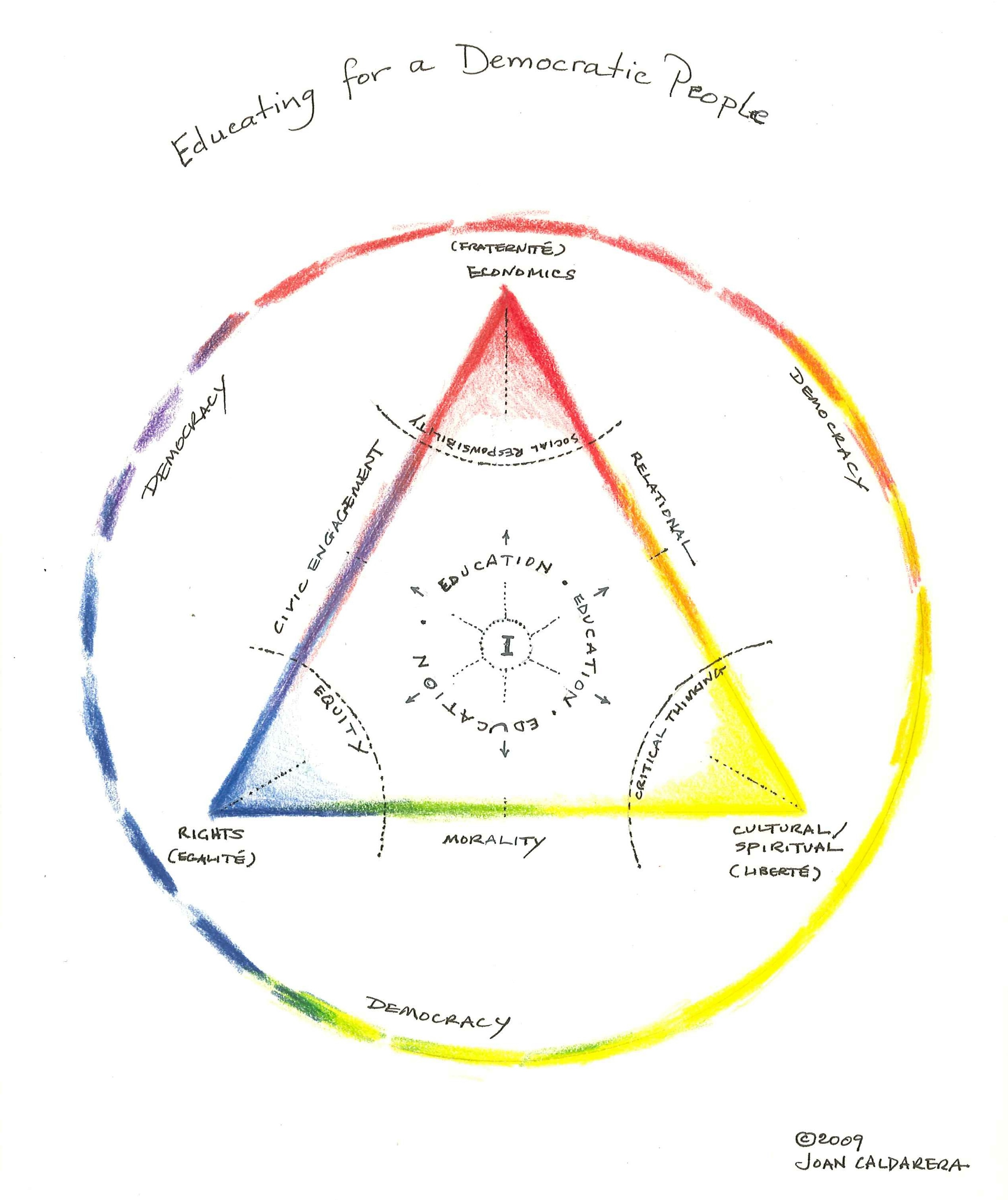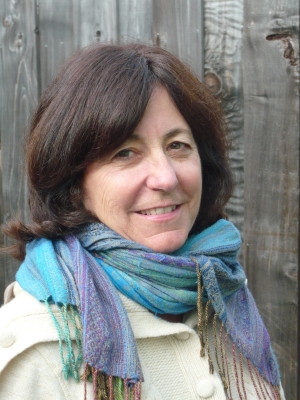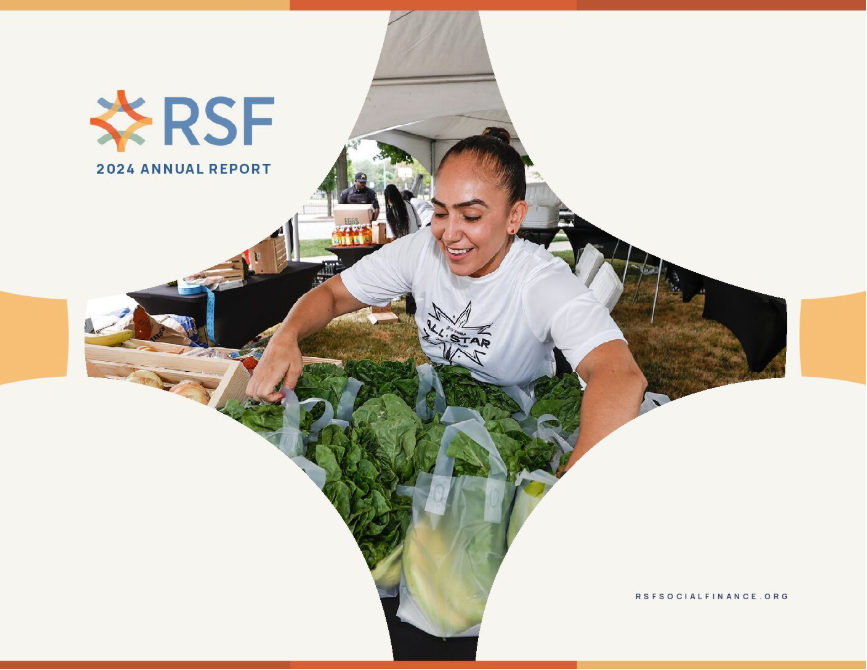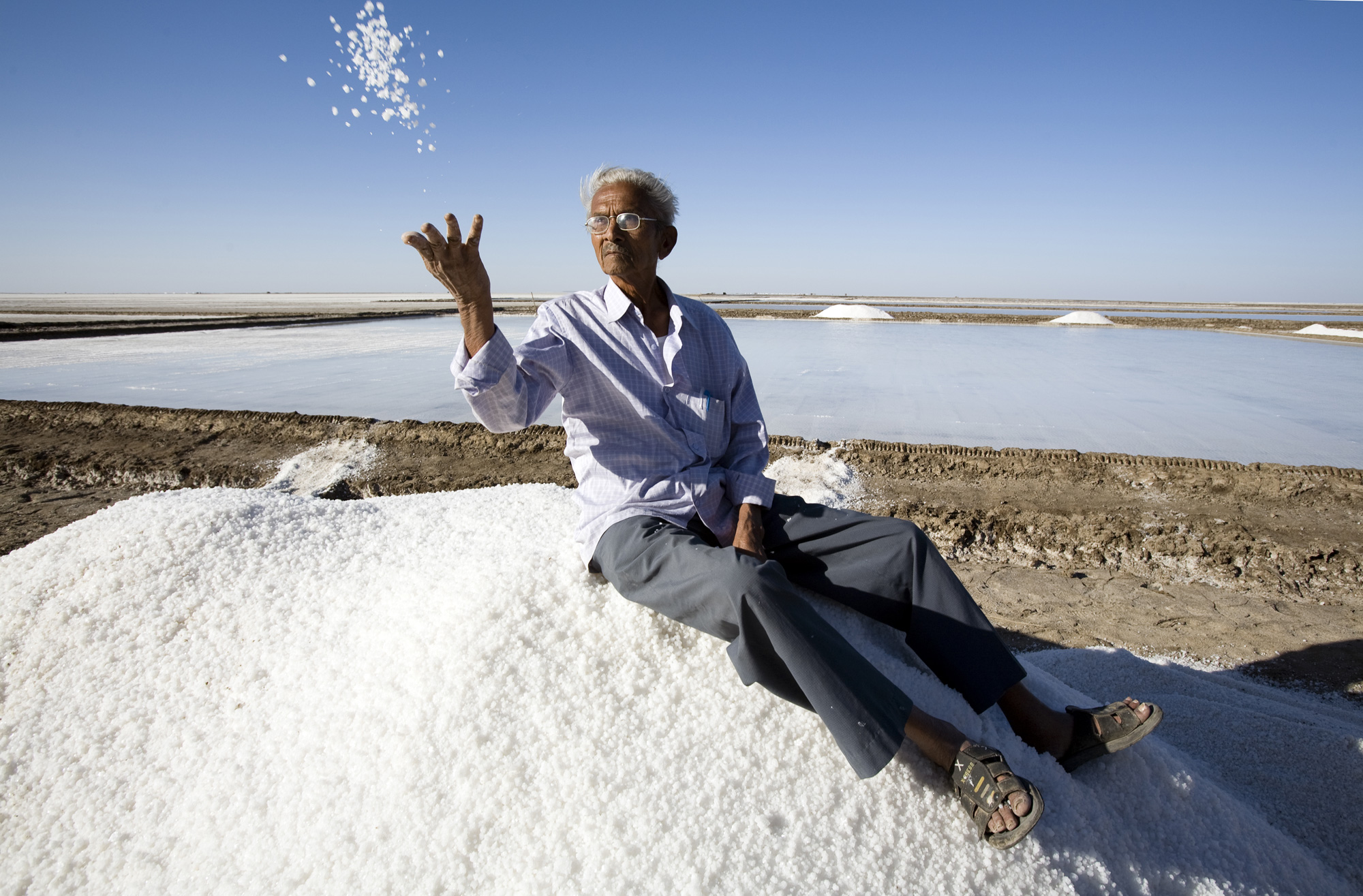Waldorf education, inspired by Rudolf Steiner, recognizes that democratic principles are an essential but incomplete imagination of the purpose of education. It is possible to formulate the characteristics of a larger conception of education under the rubric of three essential categorical features: critical thinking, civic engagement or social responsibility, and the cultural/institutional features of schooling.
In 1919, Steiner articulated a new social theory in which he outlined revolutionary principles for practices in three sectors of social life: cultural/spiritual, rights and agreements (political), and economic. The principles had their origins in the ideals of the French Revolution: Liberté, Egalité, Fraternité. Steiner put forward the following: In the realm of the spiritual/cultural the guiding principle is freedom; in rights and agreements, equality; in economics, brotherhood or interdependence.
This expansive view keeps clarity between political systems and governing principles with the presence of human individuality and its attendant capacity for self-knowledge and the in-born capacity for altruism. Steiner posited that out of educated self-awareness, each citizen could know how and when to exercise spiritual freedom, hieratic in nature; a sense of rights, egalitarian in nature; or economic action, based on an awareness of material needs and the circulation of goods and services.

In the center of the diagram is placed the individual in recognition that it is the single “I” who must implement the ideals of democracy, along with each other I. The I, then, radiating through its education reaches the three primary fields—rights ? equity, spiritual/cultural ? critical thinking, and economic ? social responsibility—each of which in turn has its complement opposite it: relationships, civic engagement, and morality respectively.
If one sees democracy as the atmosphere in which this threefold educational ecosystem lives, then one can also see that civic engagement, relationship, and morality—the three mediators—along with the three points, form the ground of ethical life without which democracy cannot thrive. Education becomes the means whereby the individual can fully inhabit the democratic/ethical world thus formulated.
In this way, it is possible to use Rudolf Steiner’s view of the threefold commonwealth as a framework for understanding and designing an educational system that cultivates the three key domains with their principles as a basis for a morally/spiritually informed democratic society. Such an education would encourage more conscious cultivation of economic life based on altruism, and a rights life which highlights how we create our agreements—two key aspects of life that often remain unaddressed in current educational practice.
Waldorf education is only one of what could be many possible forms of social education that can be developed based upon Steiner’s ideas around threefoldness. The effectiveness of any education derives from its leaders’ and teachers’ willingness to share a vision of the aims of education, a common and constantly-renewed image of students and their development, an inspiring curriculum that respects teachers’ professionalism and autonomy, and a common method of teaching democratic aims.
A socially just world requires that its citizens have the flexibility of thinking that respects the capacities and freedom of each individual, understands that true equality is essential in governing and in the creation of policies and laws, and sees that the economic world will be sustaining when self-interested behavior is transformed into a more altruistic practice. I recognize that this is no small undertaking given our current educational system—yet, unless we attempt such change, our democratic future is at risk.

by Joan Caldarera, Ed.D.
Joan Caldarera is the director of Rudolf Steiner College—San Francisco, a teacher training center. She is also a humanities instructor at San Francisco Waldorf High School. She has taught at every level in Waldorf education from kindergarten through high school, as well as serving in the administration as both High School Chair and Head of Administration for San Francisco Waldorf School. Dr. Caldarera’s doctoral research has been published under the title, Through the Lives of the Teachers: How Waldorf Class Teachers Think about Morality, Waldorf Education, and the Arts in the 21st Century. She has also published articles on aspects of Waldorf education in numerous education journals.


